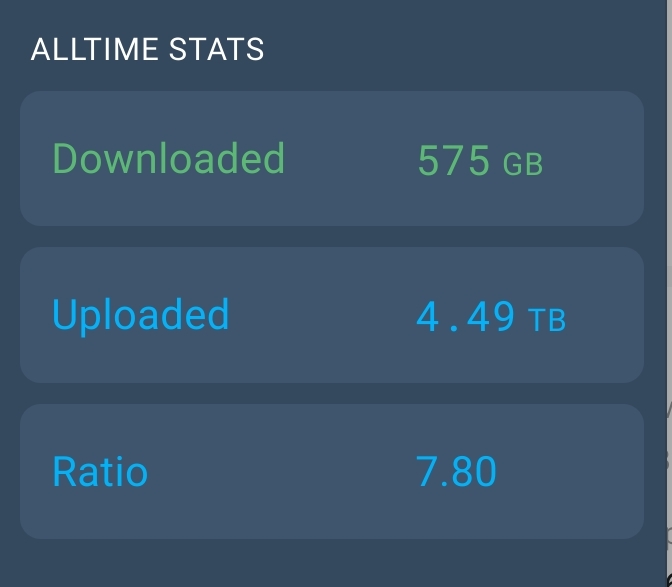this post was submitted on 28 Nov 2024
560 points (98.1% liked)
Piracy: ꜱᴀɪʟ ᴛʜᴇ ʜɪɢʜ ꜱᴇᴀꜱ
55212 readers
132 users here now
⚓ Dedicated to the discussion of digital piracy, including ethical problems and legal advancements.
Rules • Full Version
1. Posts must be related to the discussion of digital piracy
2. Don't request invites, trade, sell, or self-promote
3. Don't request or link to specific pirated titles, including DMs
4. Don't submit low-quality posts, be entitled, or harass others
Loot, Pillage, & Plunder
📜 c/Piracy Wiki (Community Edition):
💰 Please help cover server costs.
 |
 |
|---|---|
| Ko-fi | Liberapay |
founded 2 years ago
MODERATORS
you are viewing a single comment's thread
view the rest of the comments
view the rest of the comments


Yes, here's my understanding:
it's essentially a massive collection of forum posts -- all text.
Files/binaries are encoded into text, and split into multiple posts if they exceed the max size for a single post. The names of posts and relationships between multiple posts can be obfuscated too.
Indexers provide .nzb files which are kinda like .torrent files, they indicate where in Usenet all the posts needed for a complete download are located.
You give an .nzb file to an nzb downloader, which finds the post(s), downloads, (merges,) decodes the final result into its original binary form, and does a hash check to make sure everything is correct.
There's some open source software like Radarr, for example, which can automate the entire process start to finish (in Radarr's case, for movies specifically)
With Radarr it goes like this: Add movie -> Radarr searches via indexer(s) for a .nzb matching the criteria -> .nzb gets sent to nzb downloader -> downloaded from usenet server(s) -> completed download is moved (and optionally renamed) by Radarr to desired location
That's fascinating. thanks!